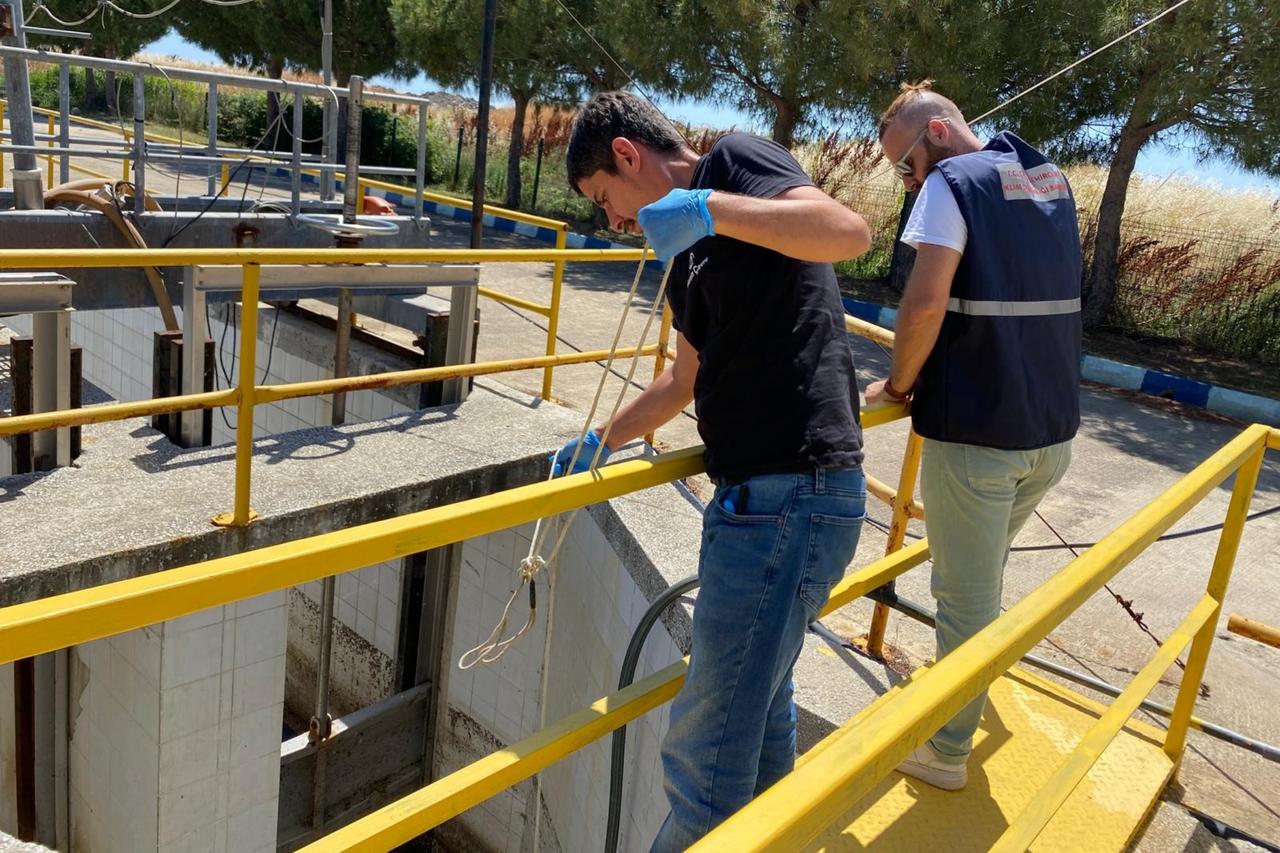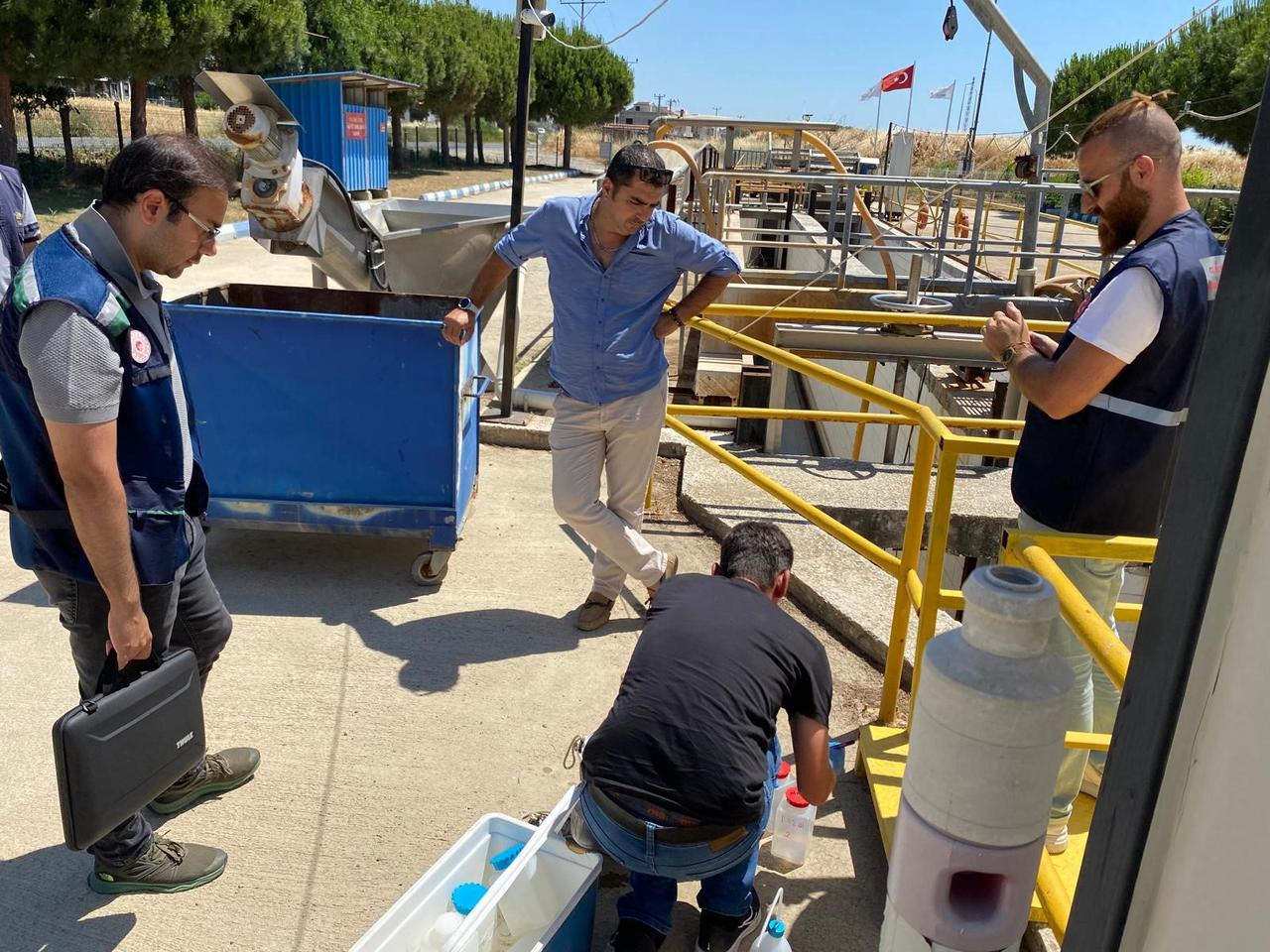
The Ministry of Environment, Urbanization and Climate Change in Türkiye has stepped up efforts to protect the Marmara Sea from mucilage—a thick, organic sea bloom that first appeared in 2021—and to maintain its ecological balance.
Following the crisis, the Ministry unveiled the 22-Point Marmara Sea Protection Action Plan on June 6, 2021, highlighting the reduction of nitrogen and phosphorus loads from wastewater treatment plants as a central measure. The plan required facilities in the region to upgrade to advanced biological wastewater treatment systems.
Municipalities in the Marmara Basin were given until June 15, 2025, to implement advanced biological wastewater treatment. However, of the 169 submitted project plans, only 42 have been completed.
As a result, the rate of advanced biological wastewater treatment in the Marmara region increased marginally from 51% in 2021 to 51.7%, indicating limited progress.

In response to these delays, the Ministry launched simultaneous inspections on June 23 across 480 facilities in seven coastal provinces.
A 50-person inspection team, supported by 24 accredited environmental laboratories, is verifying whether existing plants have upgraded systems and comply with environmental standards.
Significant fines have already been imposed. In Tekirdag, the Ministry penalized the Sarkoy Deep Sea Discharge Wastewater Treatment Plant and Marmara Ereglisi Biological Wastewater Treatment Plant, which had not adopted advanced biological treatment, with a combined administrative fine of ₺6.687 million ($165,000).
Similar penalties were applied previously to Balikesir Metropolitan Municipality and Yalova Municipality for untreated wastewater discharge.
Since January 2025, inspections covered 5,638 facilities in the Marmara Basin, resulting in fines totaling ₺822.5 million ($20.3 million) and the closure of 55 facilities. Additionally, 34,467 maritime vessels were inspected for pollution control, with 60 vessels fined ₺978,909 ($24,200).